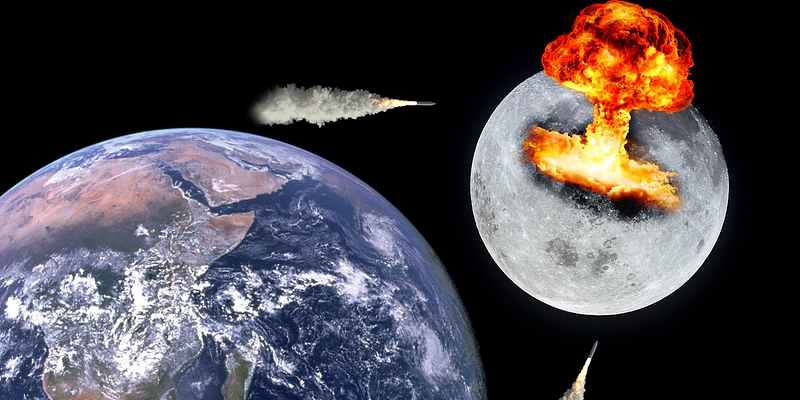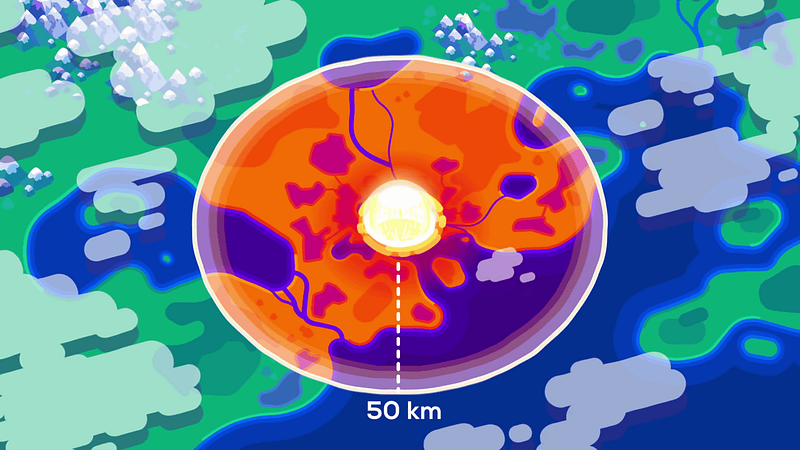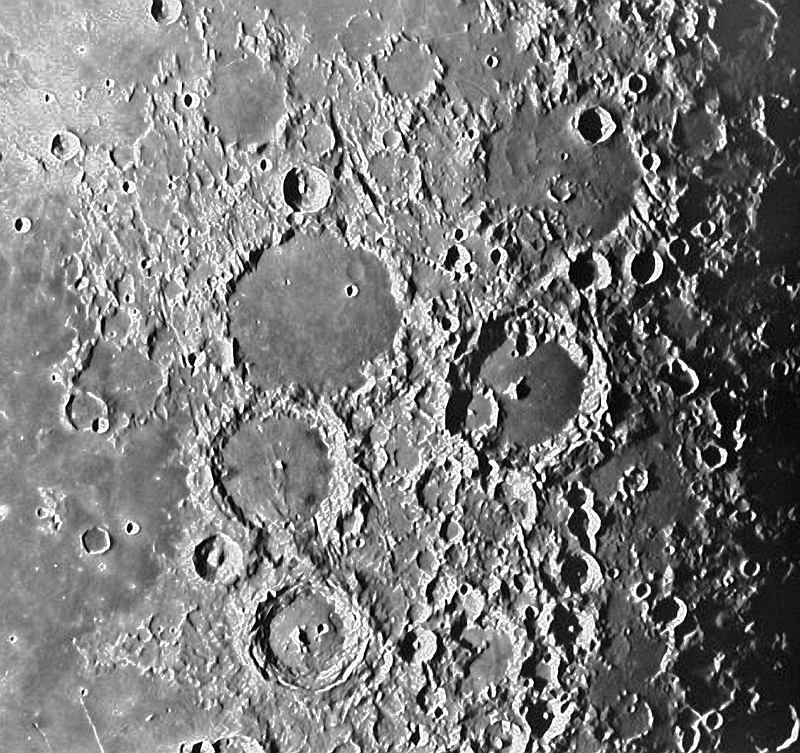What Would Happen If a Nuclear Bomb Exploded on the Moon?
Written on
Chapter 1: The Hypothetical Scenario
It’s challenging to envision a situation in which humanity would consider detonating a nuclear weapon on the Moon. Recently, there have been speculations regarding Elon Musk’s potential plans for such a stunt, aimed at creating suitable conditions for life on Mars, but that discussion is separate. Let’s imagine an instance where a bomb with a yield of 100 megatons of TNT—double that of the Tsar Bomba—is dropped on the Moon for observation from Earth. While it might seem that the vast distance between the Earth and the Moon would protect our planet from any repercussions, it's more intriguing to explore the effects such an explosion would have on the Moon itself.

The initial moments of the explosion would mirror those seen in terrestrial detonations. However, due to the Moon's lack of an atmosphere, thermal radiation would not ignite fires within a 60 km radius, as there are no flammable materials or oxygen present. Thus, while a nuclear blast of this scale would produce intense heat, it wouldn't lead to a widespread fire. Yet, any hypothetical “lunatics” or astronauts within a radius of 50 to 60 km would still face lethal temperatures.
Another critical distinction lies in the behavior of the highly ionized gas, or plasma, generated by the explosion. On Earth, atmospheric pressure halts this plasma when it encounters the surrounding air, triggering a shock wave that acts as the primary destructive force—shattering buildings, decimating ecosystems, and endangering human life. Conversely, on the Moon, the absence of an atmosphere means that no shock wave would be produced; instead, the explosion would manifest as a fireball that expands over time.

For those observing from Earth, the event would present as a brilliant flash on the Moon's surface. However, what about observers in space? Without atmospheric interference to dampen the explosion, there would be no safe distance for spectators on the Moon. Depending on their proximity to the blast, they would be affected by its intensity.
Additionally, such a formidable explosion could generate seismic waves, resulting in a significant moonquake—potentially reaching a magnitude of 7. Given the Moon's smaller size compared to Earth, any detonation would resonate throughout its entire surface.

The aftermath of this hypothetical experiment would likely result in the formation of a crater approximately 1 km in diameter at the explosion site. Debris, including sand and rocks, would be scattered, with some material possibly heading towards Earth, where it would disintegrate in the atmosphere. The Moon's orbit would remain unchanged, as its mass, velocity, and other key parameters would not be affected. Consequently, there would be no significant global implications, and at this time, there are no practical reasons for undertaking such an action.
Clap if you're interested in more space-related articles in your feed!
Subscribe to our channel and feel free to ask questions, which I will address in future articles.
Chapter 2: Exploring the Consequences of Nuclear Detonation
This video delves into the intriguing question: What if we were to detonate a nuclear bomb on the Moon? It explores the scientific principles and potential outcomes of such an event.
In this video, we further examine the implications of nuclear detonations on the lunar surface, considering the effects on geology and the environment.